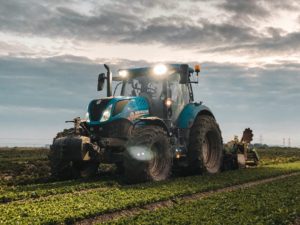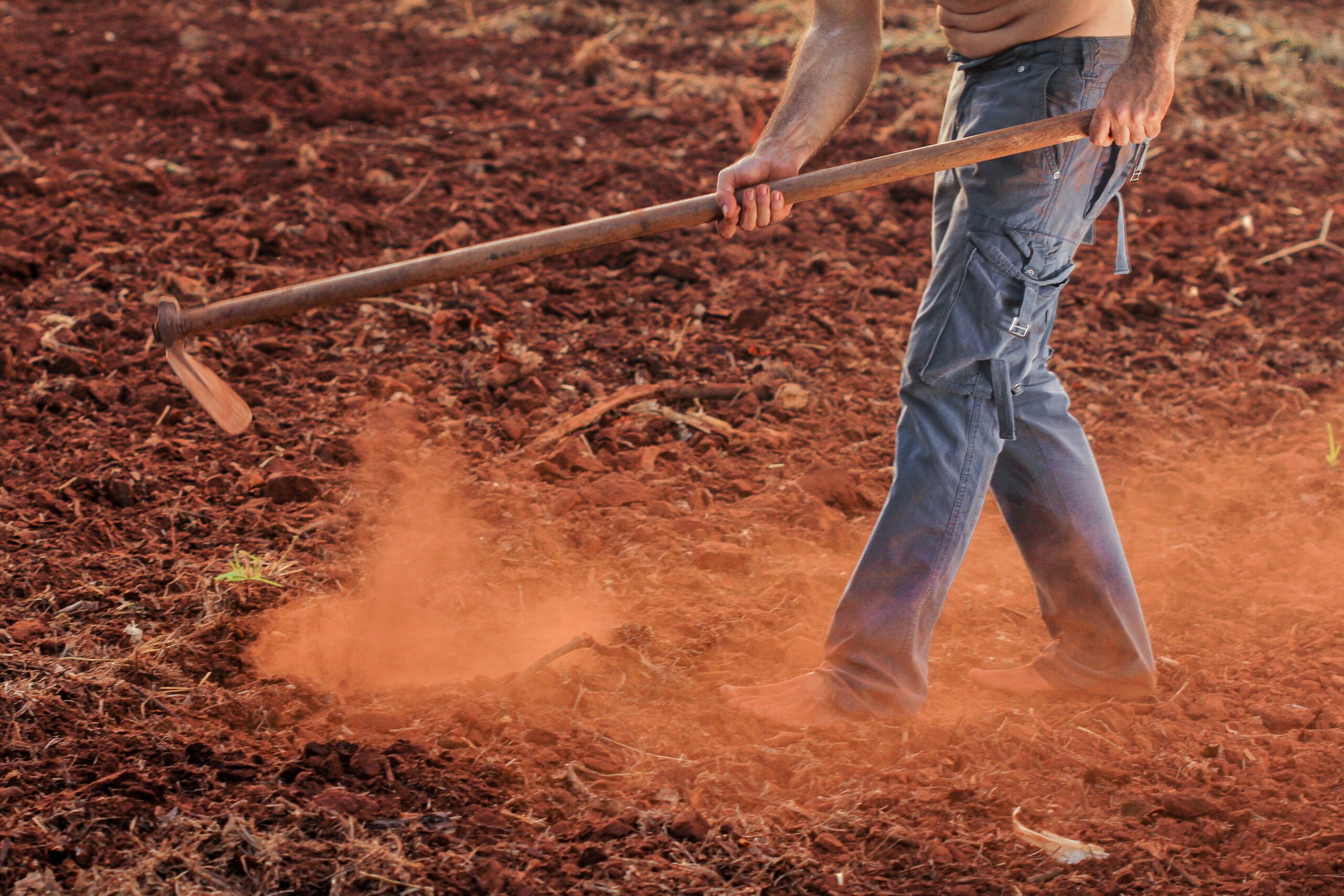Maintaining a farm land is a crucial part of ensuring its productivity and longevity. Proper farm land maintenance not only ensures a successful crop yield but also helps to prevent soil degradation and improve soil fertility. In this blog post, we’ll provide you with an essential checklist for maintaining your farm land.
Soil Testing
Soil testing is an essential step in maintaining your farm land. Testing will help you determine the health of your soil, including its nutrient content, pH level, and organic matter. Based on the results of the soil test, you can determine what amendments and fertilizers are needed to improve soil health and crop yield.
Crop Rotation
Crop rotation is a technique of planting different crops in a specific sequence over time in the same field. This technique helps to reduce soil-borne diseases and pests and improves soil health by alternating crop types and nutrient requirements.
Agriculture is not crop production as popular belief holds – it’s the production of food and fiber from the world’s land and waters. Without agriculture, it is not possible to have a city, stock market, banks or army. Agriculture is the foundation of civilization and any stable economy. – Allan Savory
Weed Management
Weeds can compete with crops for resources, such as water and nutrients, and reduce crop yield. Effective weed management techniques include crop rotation, mechanical cultivation, and the use of herbicides. It is important to choose the right weed management technique that aligns with your farming practices and the crops you are growing.
Pest Management
Pests can also have a significant impact on crop yield. Proper pest management techniques include scouting, monitoring, and the use of pesticides or other integrated pest management strategies. It is important to consider the economic threshold of a pest before applying pesticides to avoid unnecessary environmental contamination and health risks.

Irrigation and Water Management
Proper irrigation and water management are important factors in maintaining your farm land. Depending on the soil type, topography, and crops, you may need to choose an irrigation method such as drip, flood, or sprinkler irrigation. Good water management practices will help reduce soil erosion and runoff, while improving crop yield.
Fertilization
Fertilization is an important part of maintaining your farm land. Proper fertilization techniques include choosing the right type of fertilizer, timing of application, and method of application. It is important to apply the correct amount of fertilizer based on soil test results and crop needs to avoid over-fertilization, which can lead to environmental pollution and soil degradation.
Equipment Maintenance
Regular equipment maintenance is important to keep your farm land in good condition. This includes checking and maintaining irrigation systems, tractors, and other machinery to ensure they are operating correctly and efficiently. Regular maintenance will help prevent breakdowns, prolong equipment life, and avoid costly repairs.
Conclusion
In conclusion, maintaining your farm land is crucial for its productivity and longevity. By following this essential checklist, you can ensure your farm land is healthy, productive, and sustainable for years to come. By testing soil, rotating crops, managing weeds and pests, managing irrigation and water, fertilizing correctly, and maintaining equipment, you can achieve optimal crop yields while preserving the health of your soil and the environment.



